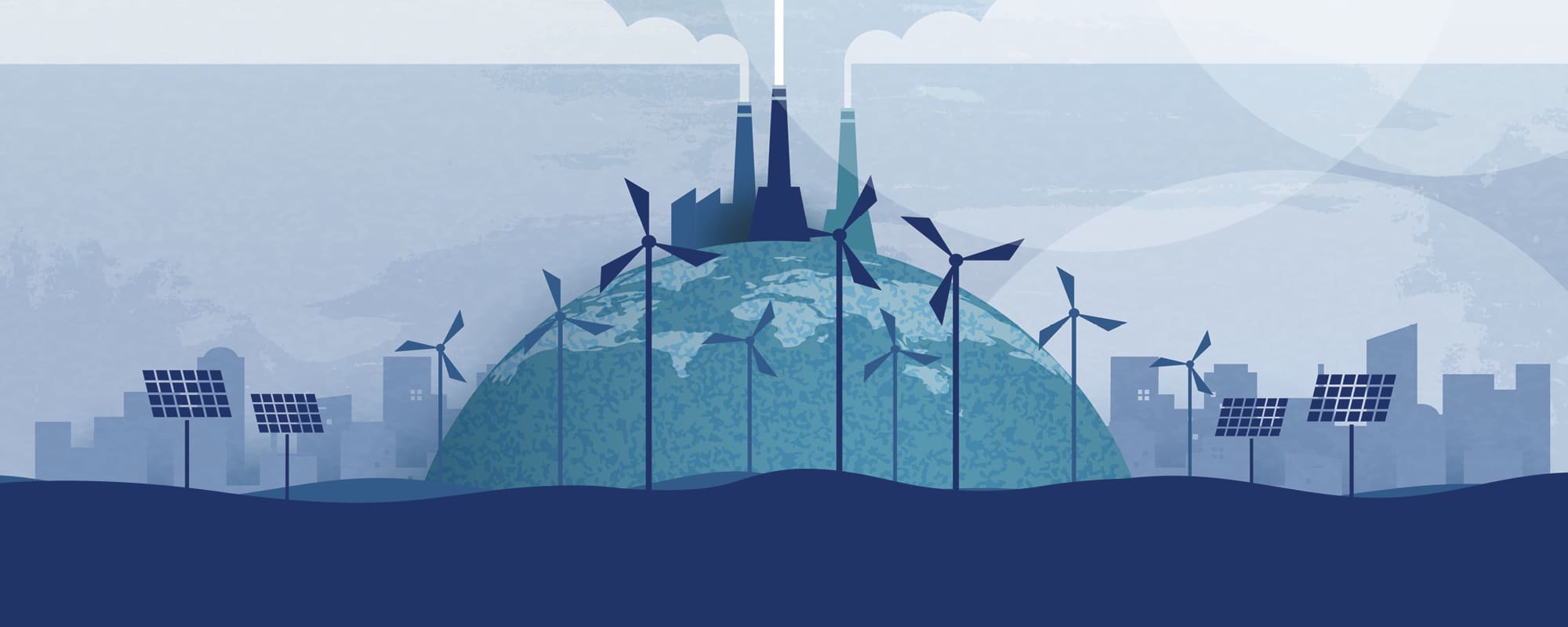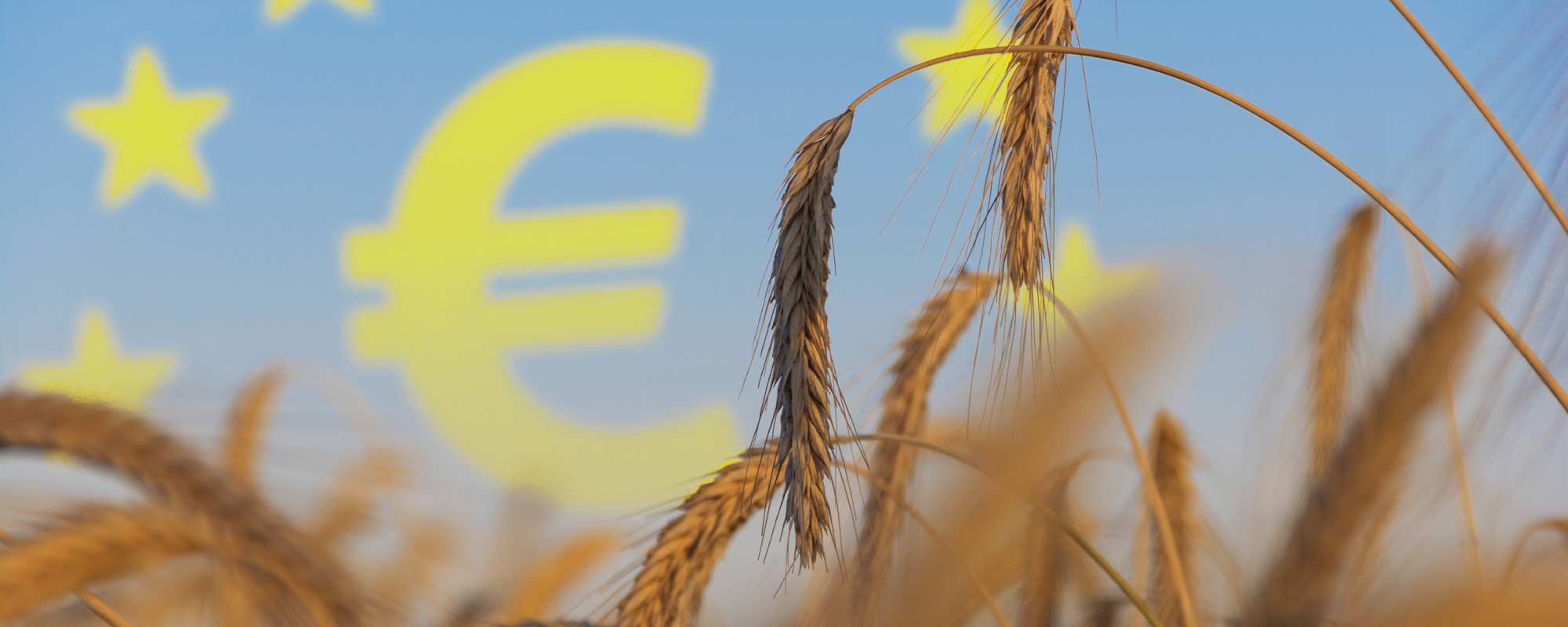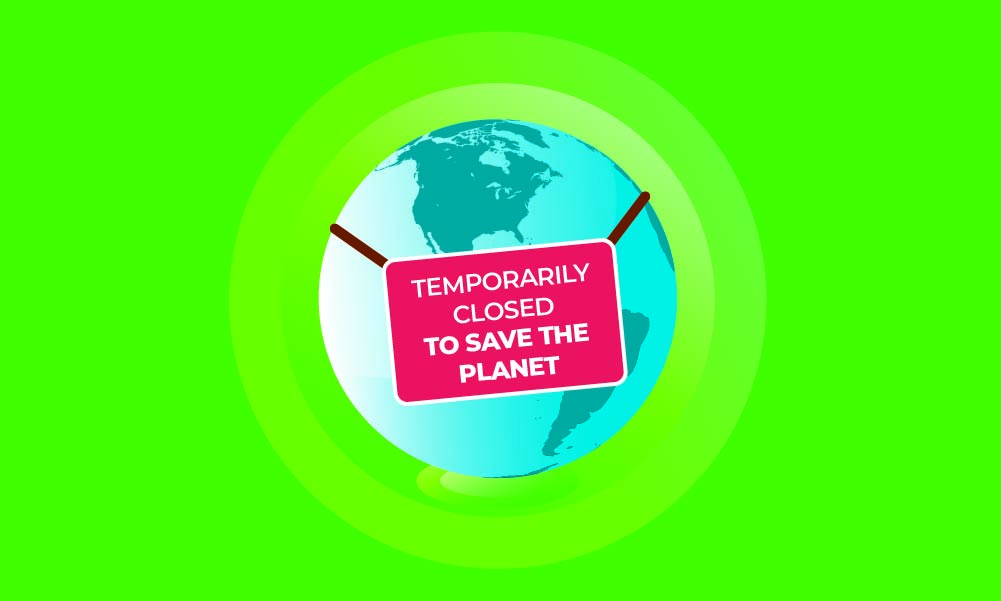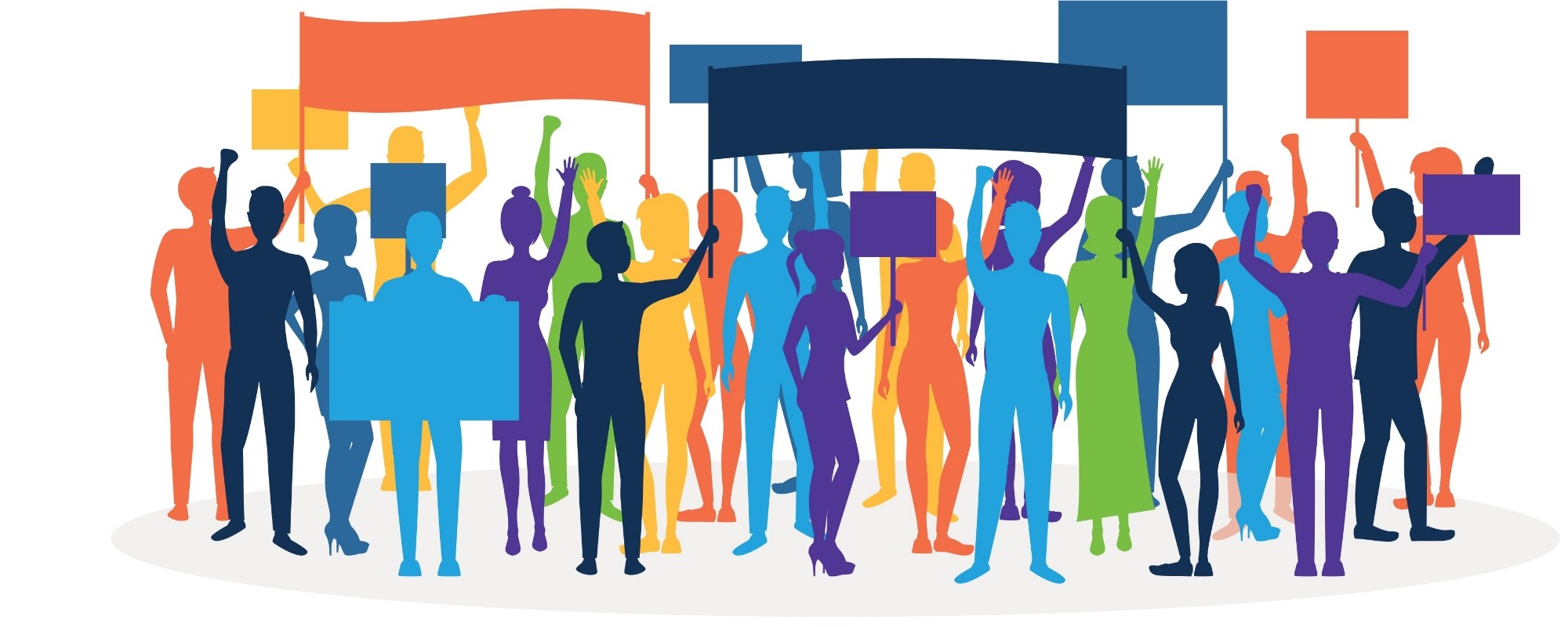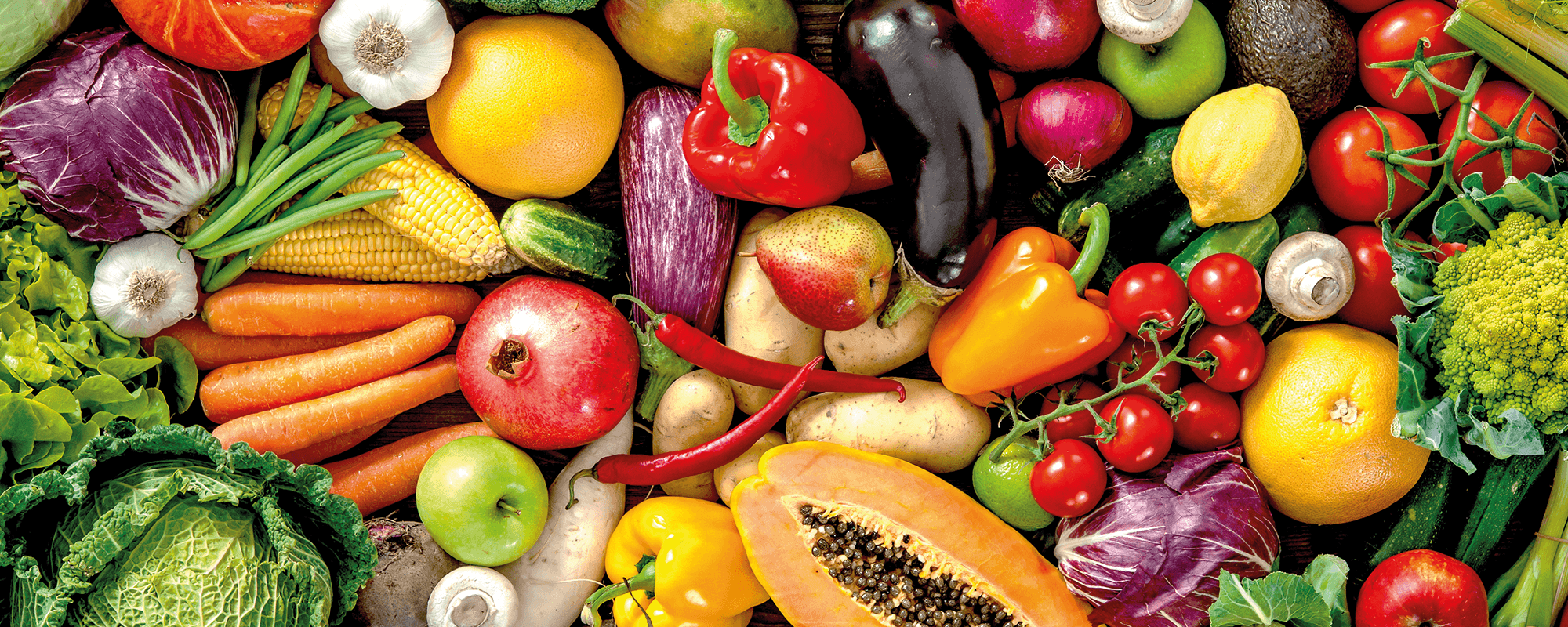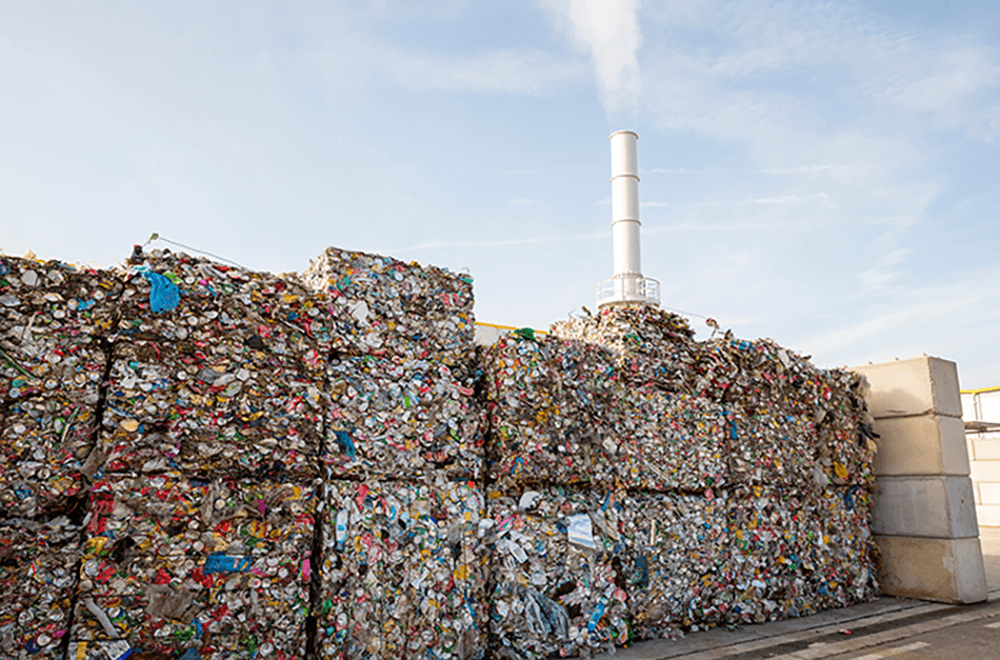Beaches are dynamic entities, constantly undergoing erosion and change, which can have significant impacts on recreational, economic, and social activities. The SIPOBED project, led by Prof. Sebastiano D’Amico and his team at the Department of Geosciences, aims to tackle the challenges posed by beach erosion. By harnessing the power of satellite observations and artificial intelligence algorithms, the project provides extensive and accurate measurements of the depth of the seafloor in pocket beaches around Malta. This valuable information helps stakeholders make informed decisions regarding coastal management, infrastructure development, and risk mitigation. Through a combination of innovative technologies and local research, the SIPOBED project offers practical solutions tailored to the unique needs of Malta’s beaches, ensuring the preservation of these valuable natural resources for future generations.
Continue readingMust There Be Winners and Losers as We Go Green?
Climate change is a growing problem. The longer we go without making sacrifices, the greater the price that must ultimately be paid. The problem is made worse, however, because when it comes to phasing out fossil fuels, some people must automatically pay a higher price than others. So who would the winners and losers be if we suddenly drove forward to significantly lower emissions by 2030, as the European Union intends?
Continue readingThe Climate Crises and the EU’s Agricultural Policies
The climate crisis is picking up speed, and it still doesn’t look like humanity is adjusting its habits fast enough to meet its self-set target of limiting global warming to 1.5°C. The European Union (EU) strived to tackle this problem by implementing the Green Deal, which led to the most ambitious multi-year plan ever in the agricultural sector. But is it enough?
Continue readingThe SIMPOL Solution?
Global problems such as climate change cannot be tackled solely at an individual level. For meaningful change to occur, nations need to coordinate their efforts. Andrew Izzo Clarke takes a look at game theory to suggest a SIMPOL solution.
Continue readingHibernating Humans
As lockdowns spread worldwide and grounded planes crippled international tourism, humanity cut the environment some long-awaited slack. With the climate change debate heating up (proportionally to the planet’s temperatures), THINK investigates what would happen if humanity’s only chance to preserve our planet is a yearly 3-month lockdown?
Continue readingLights, camera, activism
Author: Raisa Galea
In 2019, hardly anyone personifies activism more conspicuously than Greta Thunberg. Since August 2018, the teenager’s solitary calls for climate action have inspired millions of people to follow her example and take to the streets. The resulting wave of climate strikes is every activist’s dream come true: inspiring a mass movement to support a cause, passing on the flame of resistance, stirring the power of a democratic collective. What can we learn from this phenomenon?
Continue readingI <3 potato
Plant-based diets are going mainstream all over the world. Cassi Camilleri sheds light on the local vegan movement and how reducing our meat consumption can benefit us all.
Some label the rise of plant-based living as evidence of ‘trend culture’. And they’re not all wrong. Traditional media bombards us with countless headlines on the topic’s pros and cons. Hard-hitting advocacy films like Cowspiracy and Forks over Knives expose the horrors of the meat industry. Social media influencers share their experiences with the diet, turning it into lifestyle content. And now the market is following suit with vegan and veggie lines and options popping up everywhere.
In 2016, an Ipsos MORI survey for the Vegan Society identified that 3.25% of adults in the UK never eat meat in any form as part of their diet, equating to roughly 540,000 people. Vegan January—commonly known as Veganuary—is growing in popularity. This year, a record-breaking 250,310 people from 190 countries registered for the month-long vegan pledge. And Malta is no exception.
While the official number of people following a plant-based or vegan diet are unavailable, interest is clear. Facebook pages Vegan Malta and Vegan Malta Eats have a combined following of over 16,500 people.

The reasons behind people’s decision to take up veganism are various, however three main motivators keep being cited: health benefits, ethics, and environmental concerns. For vegan business woman Rebecca Camilleri the process was natural and gradual. ‘There was no real intention behind it for me. But after a couple of months of following this diet, I noticed that my energy levels were better than before, and this encouraged me to learn more on how I needed to eat in order to nourish my body with the right nutrients to sustain my active lifestyle.’
Researcher and nutritionist Prof. Suzanne Piscopo (Department of Health, Physical Education, and Consumer Studies, University of Malta) confirms that ‘moving towards a primarily plant-based diet is recommended by organisations such as the World Health Organization and the World Cancer Research Fund, for health and climate change reasons.’
Oxford academic Dr Marco Springmann has attempted to model what a vegan planet would look like, and the results are staggering. According to his calculations, should the world’s population switch to a vegan diet by the year 2050, the global economy would save $1.1 trillion in healthcare costs. We would also save $0.5 trillion in environmental costs, all while slashing greenhouse gas emissions by two-thirds.
Despite all this, veganism has earned itself quite a few enemies along the way. The vitriol thrown back and forth across both camps is shocking. Relatively recently, UK supermarket chain Waitrose came under scrutiny after magazine editor William Sitwell responded to plant-based food article ideas from writer Selene Nelson with a dark counter offer—a series on ‘killing vegans’. Sitwell was since forced to resign. Nelson posited that the hostility stems from ‘a refusal to recognise the suffering of animals. Mocking vegans is easier than listening to them.’

Abigail Higgins from American news and opinion website Vox agrees that guilt plays a role in the hatred aimed towards veganism, but also proposes that the whole movement ‘represents a threat to the status quo, and cultural changes make people anxious.’ This notion is based on research on intergroup threats and attitudes by US researchers Walter G. Stephan and Cookie White Stephan.
It however remains a reality that some of the loudest voices in veganism in the past have been militant. Some have invoked hatred and threats towards those that they perceive not to be sufficiently aggressive in promoting the cause. Piscopo calls for a respectful discussion.
‘Food is not only about sustenance and pleasure, but has symbolic, emotional, and identity value. Take meat for example. Some associate it with masculinity and virility. Others link it to food security as meat was a food which was scarce during their childhood. Some others equate it with conviviality as meat dishes are often consumed during happy family occasions. What is important is that we do not try to impose our beliefs, thoughts, and lifestyle on anyone.’
The way forward is a ‘live and let live’ approach, according to Rebecca Galea. When her journey started she had people ‘staring strangely at [her] food’. Even her family didn’t take her seriously. ‘They were very sceptical as their knowledge on veganism was very limited at the time,’ she remembers. Now, seeing the effect the switch has made to Rebecca’s life, her positive choices are naturally impacting theirs. ‘Everyone is free to make their choice,’ she says. Embodying the philosophy of leading by example, Rebecca has even set up her own business making delicious vegan nut butters, spreads, and more, to great success. ‘The more vegan options are available [in Malta], the more people will be attracted to learning and accepting the benefits of veganism. This might also lead to them following a vegan lifestyle!’
With that, and sharing valid, up-to-date research-based information, as Piscopo suggests, it seems there is no stopping this ‘trend’. And who would want to when veganism can lead to a lower carbon footprint and better health for everyone?
The revolutionary act of owning less
When our wardrobes are bursting, when cars take over our streets, when stuffing our fridges and eating out trumps reading, theatre, cinema—how does that impact us? Cassi Camilleri writes.
Marie Kondo’s epic trajectory began in 2014 with a little book called The Life-Changing Magic of Tidying Up. Available in over 41 regions and countries, she sold over five million copies. Now she’s on Netflix, reaching millions more with Tidying Up with Marie Kondo, all the while becoming the most badass / kawaii meme the world has ever seen.


At this point, Kondo has almost single-handedly made decluttering a global trend. But there is more to this movement than getting rid of junk.
Kondo’s approach is about making the time to actually look at the items we own and purposefully ask whether they serve a true function in our life—whether they give us ‘joy.’ In a world where ‘more is more’ and hundreds of ads scream at us daily, creating neuroses while simultaneously providing the avalanche of products to fix them, the attitude is sadly novel.
Taking time to appreciate our possessions is not something we do often. And this is not entirely our fault. Doing so could see us labelled as ‘materialistic.’ But this brings up the question of what that word actually means.


In the documentary Minimalism: A Documentary About The Important Things, Joshua Fields Millburn, one half of The Minimalists duo, flips the notion on its head. ‘We are too materialistic in the everyday sense of the word, but we are not at all materialistic enough in the true sense of the word. We need to be true materialists, like really care about the materiality of goods.’
Here, Millburn is referring to quality instead of quantity. One reliable well-made pair of jeans will last you longer than five cheap ones. The result? You generate less waste. You spend less money.
In Malta, we produce 248,784 tonnes of garbage annually, according to the material flow analysis conducted by researcher Margaret Camilleri Fenech. That’s equivalent to eight houses made entirely of garbage. Think of the pollution generated by waste when transporting and treating it, or the greenhouse gases emitted when it decomposes, or the space it needs. With our countryside disappearing at alarming rates, wasting the remaining space on waste feels sinful.
But let’s just pretend that this whole environmental thing is being blown out of proportion by a tribe of hippy die-hards. What about us? How do our spending choices affect our quality of life? How do our habits impact our pockets?
In 2015, the National Statistics Office (NSO) reports, total annual expenditure of Maltese private households amounted to an average of €22,346 per household. Suffice to say, this is a considerable number given that the average wage that same year was somewhere around €16,500, according to online platform Trading Economics. What’s more important, however, is how the money was spent.
A close look at the NSO’s report revealed that the majority of funds went towards food and transport, commanding 34% of all spending. On average, households spent €4,417 on food in 2015. Fuel for cars alone amounted to a yearly bill of €1184.50. We also spent an annual average of €720 on clothing, €1000 on our phones and internet services, and a whopping €1,749 on eating out.
On the flipside, education accounted for only 2.4% of household spending, €624 yearly, making this category second to last on the priority list. Yes, this can be partly attributed to free education in Malta; however, in households without dependent children, we can also see that only €36 were spent on books that were not textbooks over the entire year. Another NSO survey (with Arts Council Malta and the Valletta 2018 Foundation) found that 55% of the population didn’t read a single book in 2016. That same study looked at the experiences we fill our time with, finding that less than half of us (42%) went to the cinema even once that year, while only a third (31%) visited an art gallery or experienced theatre (32%).
Looking at these figures, it seems our priorities are dominated by cars, internet services and restaurants. Yet isn’t that ironic when a quick scroll through Facebook reveals so many complaints about unprecedented levels of traffic, narcissism, laziness, and a lack of critical thinking?
What is powerful about this, though, is the realisation that we can change it instantly. Instead of going to the fancy new restaurant in Valletta this weekend as we always do, we could choose to cook a nice meal at home for friends then sit down with a good read. We could switch out the Sunday drive with a run in the rural parts of our island. And question yourself: Do I really need that new €15 sweater when I have another 20 that look just like it sitting in my wardrobe? Or do I want to put that money towards a family weekend away?
All this might sound minor, even ridiculous. But making deliberate choices about how and where we spend our hard-earned resources has a profound impact. Asking whether a particular purchase will ‘bring joy’ can spark answers that surprise us. And those answers may well trigger a ripple effect on our lives as a whole.
Saving money will allow us to work less and free up more time for meaningful activity with the important people in our lives. Investing in ourselves and our minds will see us becoming better, more well-rounded people. Can we say the same for the momentary rush we get after dropping an obscene amount of money on a new phone manufactured under questionable ethical standards?
At the end of the day, it’s all quite simple. If we all tried to be a little bit more mindful, a little bit more careful about where our money goes, which systems we feed, and what we allow into our lives… well then we could—quite literally—change our world.
Read more: Household Budgetary Survey 2015. National Statistics Office, 2018.


